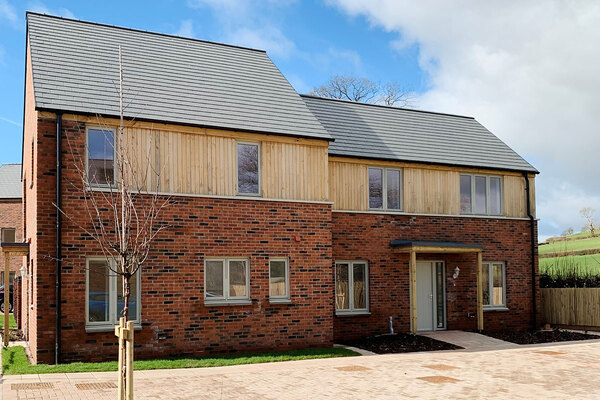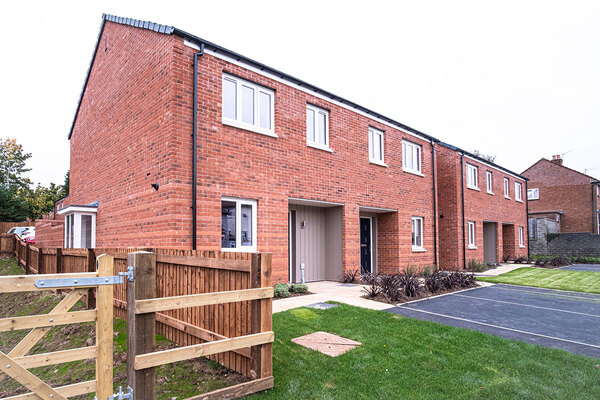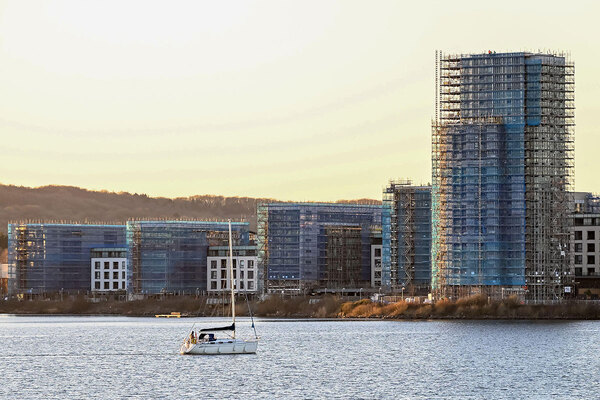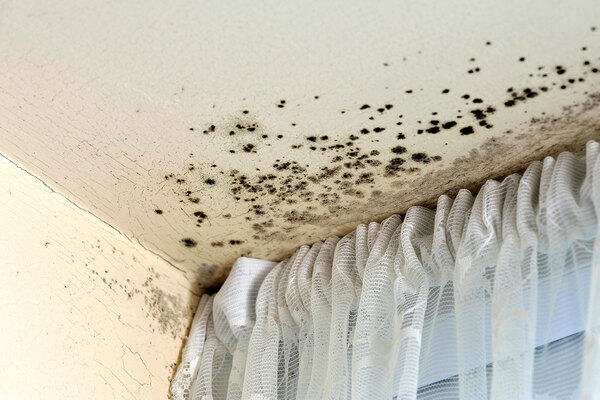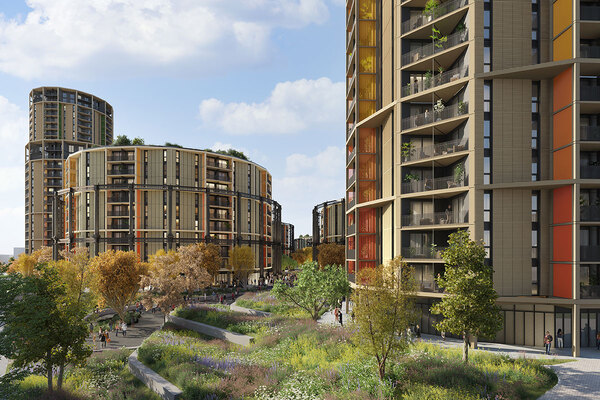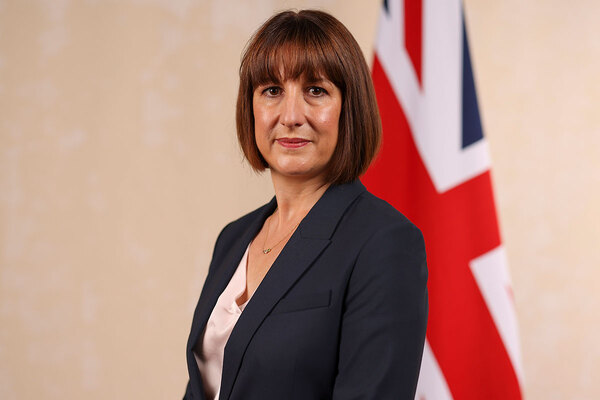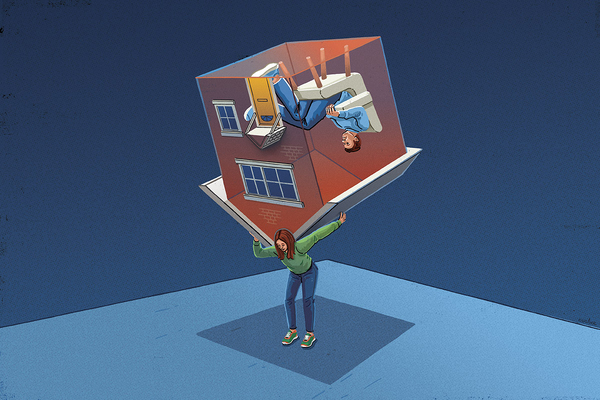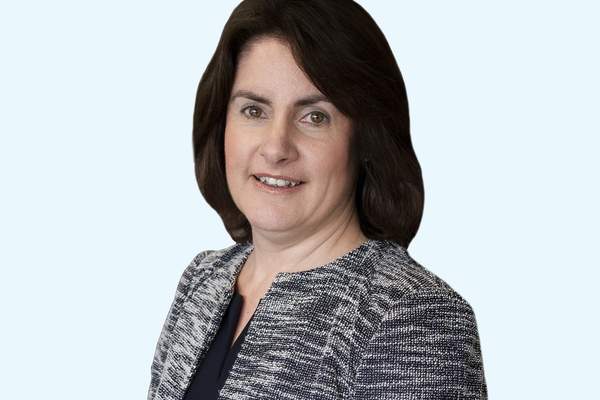Second home owners in Wales face huge tax hike under new plans
Second home owners in Wales could be hit with a 200% council tax rise as part of the Welsh government’s plans to tackle the impact of long-term vacant homes, holidays lets and the affordability and availability of housing.
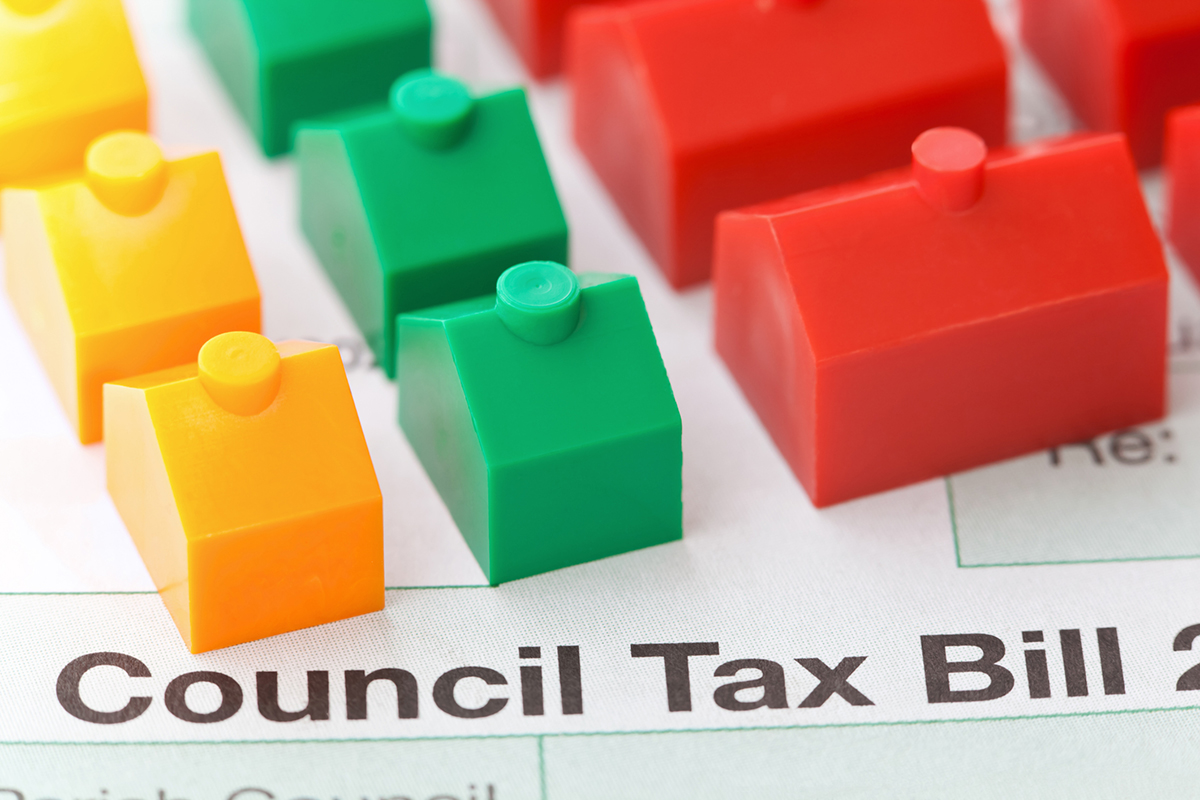
Today the Welsh government has announced that it is increasing the maximum level local authorities can set council tax premiums on second homes and long-term empty properties from 100% to 300%.
This new policy means that from April 2023, local authorities will be able set the premium at any level up to the maximum – a possible rise of 200%.
Councils will be able to apply different premiums to second homes and long-term empty dwellings, depending what is appropriate for their local circumstances.
The Welsh government is encouraging councils to use the additional funding to improve the supply of affordable housing.
A second change to come in next April will be the criteria for self-catering accommodation being liable for business rates instead of council tax.
Currently, properties that are available to let for at least 140 days, and are actually let for at least 70 days, will pay rates rather than council tax.
The change will increase these thresholds to being available to let for at least 252 days, and actually let for at least 182 days, in any 12-month period.
The move is intended to provide a clearer demonstration that the properties concerned are being let regularly as part of genuine holiday accommodation businesses making a substantial contribution to the local economy.
Both changes have followed a consultation process that included businesses, the tourism industry and local communities.
The measures are part of a wider commitment to address the issue of second homes and unaffordable housing by the Welsh government that were set out in its co-operation agreement with Plaid Cymru.
Welsh finance and local government minister Rebecca Evans said: “These changes will give more flexibility to local authorities and provide more support to local communities in addressing the negative impacts that second homes and long-term empty properties can have. They are some of the levers we have available to us as we seek to create a fairer system.
“We will continue to make every effort to increase the supply and availability of houses, as shown by the £1bn of funding to build 20,000 low-carbon social homes, contained in the [draft] Budget I published at the end of last year.”
In the full Budget published yesterday, the Welsh government confirmed it will spend £310m in Social Housing Grant in 2022-23 – up from £250m this year.
The Budget also confirmed plans to spend £330m on Social Housing Grant in 2023-24 and £325m in 2024-25.
In addition to the Social Housing Grant, the Budget allocated £580m for the decarbonisation of social housing in Wales up to 2024-25.
Siân Gwenllian, lead designated member at Plaid Cymru, said: “Through the co-operation agreement, we are committed to introducing a package of measures to tackle the injustices in the housing market. Today’s announcement is just one part of that wider package.
“Second homes are a symptom of a wider problem: a market that treats property not as a home but as a way of making a profit. By working across the parties in the Senedd, we will introduce more measures, as soon as we can, to make house prices and rents genuinely affordable for people.”
Sign up for our Wales newsletter
New to Inside Housing? Click here to register and receive our Wales round-up straight to your inbox
Already have an account? Click here to manage your newsletters

